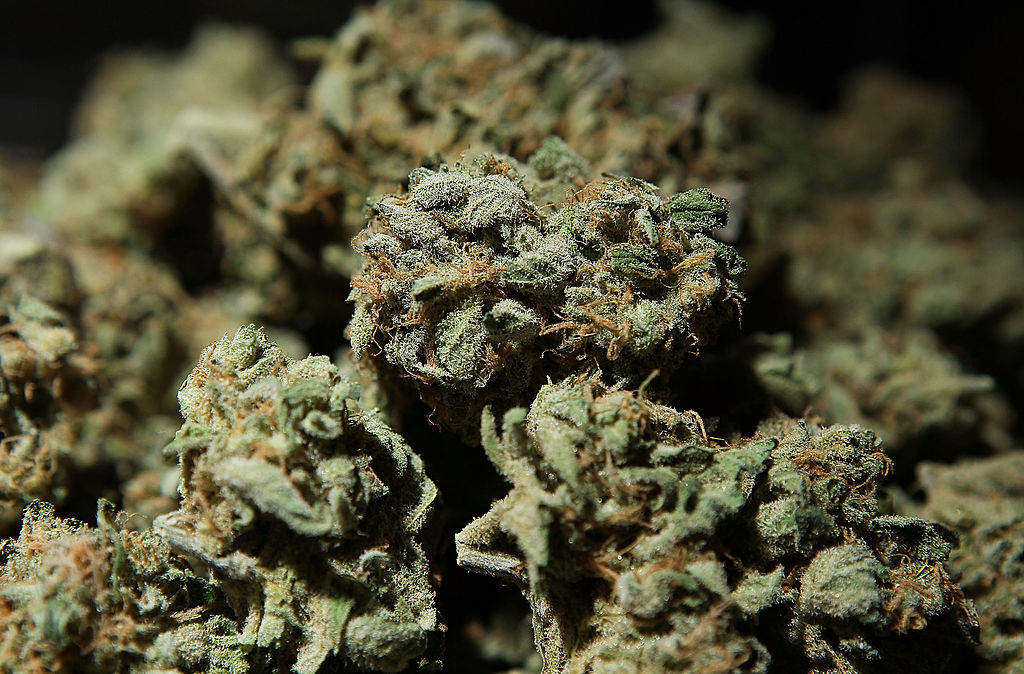The Biden administration’s Department of Health and Human Services (HHS) has recommended that the Drug Enforcement Administration (DEA) reschedule marijuana from a Schedule I drug, considered to have “no currently accepted medical use and a high potential for abuse,” to a Schedule III drug, which is seen as having a “moderate to low potential for physical and psychological dependence.”
This change would not decriminalize or legalize marijuana on a national level but could pave the way for nationwide acceptance of medical marijuana and ease restrictions on its use in research.
READ: New Study: Cannabis Smokers 3 Times More Likely to Develop Deadly Disease
The reclassification could also provide tax breaks for cannabis companies, which are currently unable to take the same kind of tax deductions as most other businesses due to federal restrictions. HHS based its recommendation on a review by the Food and Drug Administration (FDA), which was conducted under a directive from the White House. The National Institute on Drug Abuse reportedly agreed with the FDA’s conclusions.
The DEA confirmed receipt of HHS’s letter and will initiate its own review. While some drug policy groups have praised the move, others remain skeptical. The Coalition for Cannabis Scheduling Reform described it as a significant step towards ending the failed war on cannabis, while the U.S. Cannabis Council said that rescheduling to Schedule III would mark the most significant federal cannabis reform in modern history.
READ: Marijuana May Cause 30 Percent of Schizophrenia Cases in Young Men, Study Finds
However, NORML Deputy Director Paul Armentano expressed concerns about the DEA’s likely response given its historical opposition to changes in cannabis’ categorization under federal law. He also suggested that the proposed rescheduling would not go far enough, arguing that cannabis should be removed from the Controlled Substances Act altogether.
Aaron Smith of the National Cannabis Industry Association echoed this sentiment, stating that the shift “could have some limited benefit” but would fail to align federal law with the 38 U.S. states that have already effectively regulated cannabis for medical or adult use.













